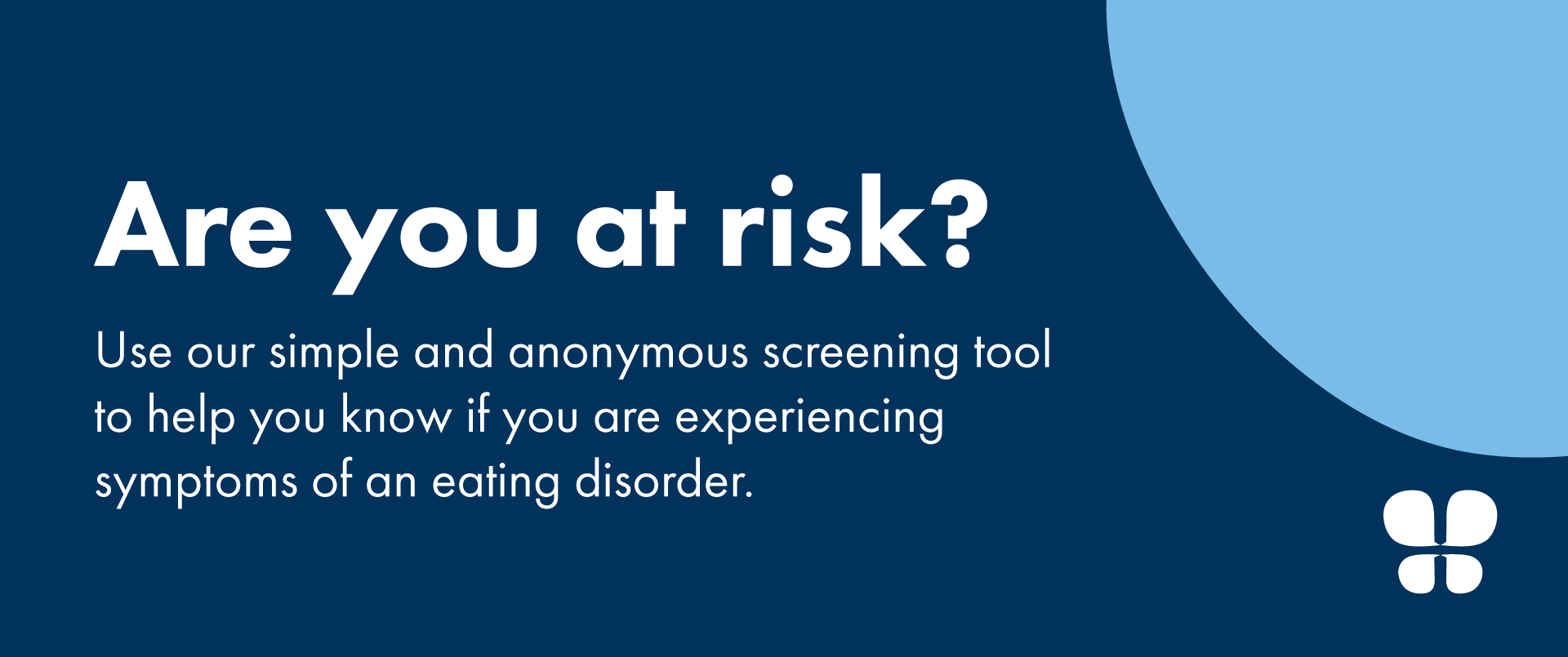
This screening tool can help you to know if you’re at risk for an eating disorder. It will not give you a diagnosis, but you can use it to find out if you should see a trained health professional such as your GP or psychologist (if you have one). A professional trained in eating disorders can help you to understand what you are going through. They can also help you with care and support.
The IOI Screening Tool was developed by the Inside Out Institute for Eating Disorders at the University of Sydney.
More information
DISCLAIMER: The IOI-S is a digital screening tool designed to assess broad eating disorder risk and symptomatology, validated for individuals aged 14 and over. It covers six facets of common eating disorder psychopathology including an individual’s relationship with food, the extent to which body shape and weight determines self-worth, preoccupation with food or body weight, food-related anxiety, loss of control overeating, and compensatory behaviour. It is not a diagnostic tool or comprehensive assessment but can be used to indicate further assessment for likely eating disorder where an individual scores 19 or above (out of 30). The IOI-S is not a substitute for professional clinical advice. You should always seek the advice of a qualified health professional with any questions you have regarding your health. Do not disregard professional medical advice or delay seeking treatment because of any result provided by the screener. The IOI-S does not assess for ARFID, Pica or Rumination Disorder (RD). As these are newly categorised in the DSM-5, appropriate assessment tools are currently being developed. If you have concerns related to symptoms of ARFID/PICA/RD please seek independent medical advice.
The IOI-S is rated on a 5-point Likert scale, where 1 point is given for ‘Never’ and 5 points for ‘Always’, except for question 1, where 1 point is given for ‘Stress free’ and 5 points for ‘Extremely stressful’. Answers are added up for a sum total score between 6 and 30 points.
Eating disorders are serious mental health problems, but they can be difficult to identify before eating problems become hard to treat. This study looked at a test developed by the InsideOut Institute to see if a screening tool can help with early detection. More than 1,300 people tested the tool, with good results. It has been validated for all genders between the ages of 14 and 74.
You may also choose to complete the more comprehensive Eating Disorder Examination Questionnaire (EDE-Q) (Fariburn & Belgin, 2008) for a better understanding of what is happening for you, available on the InsideOut Institute website here.





















